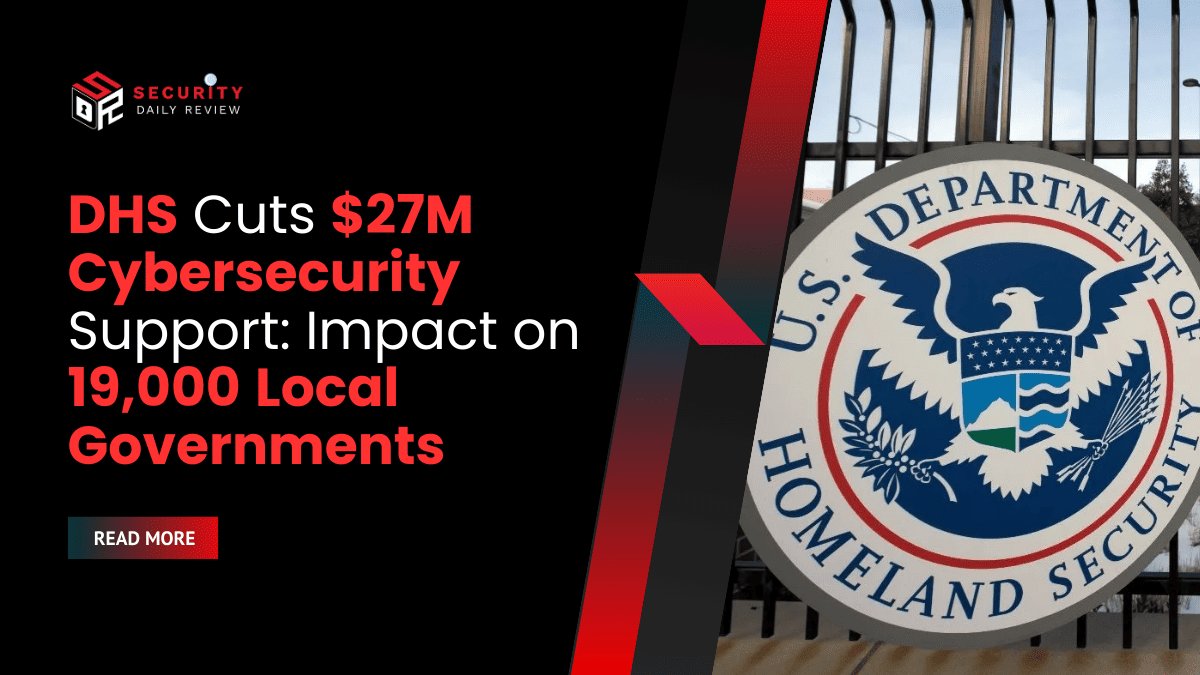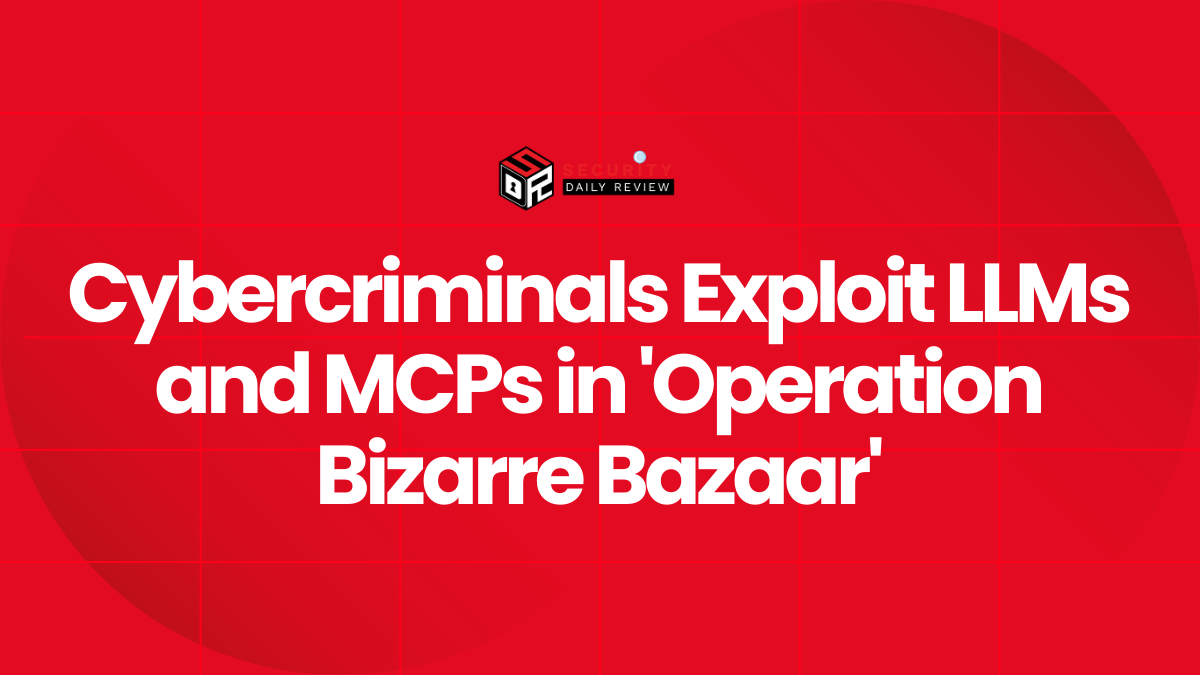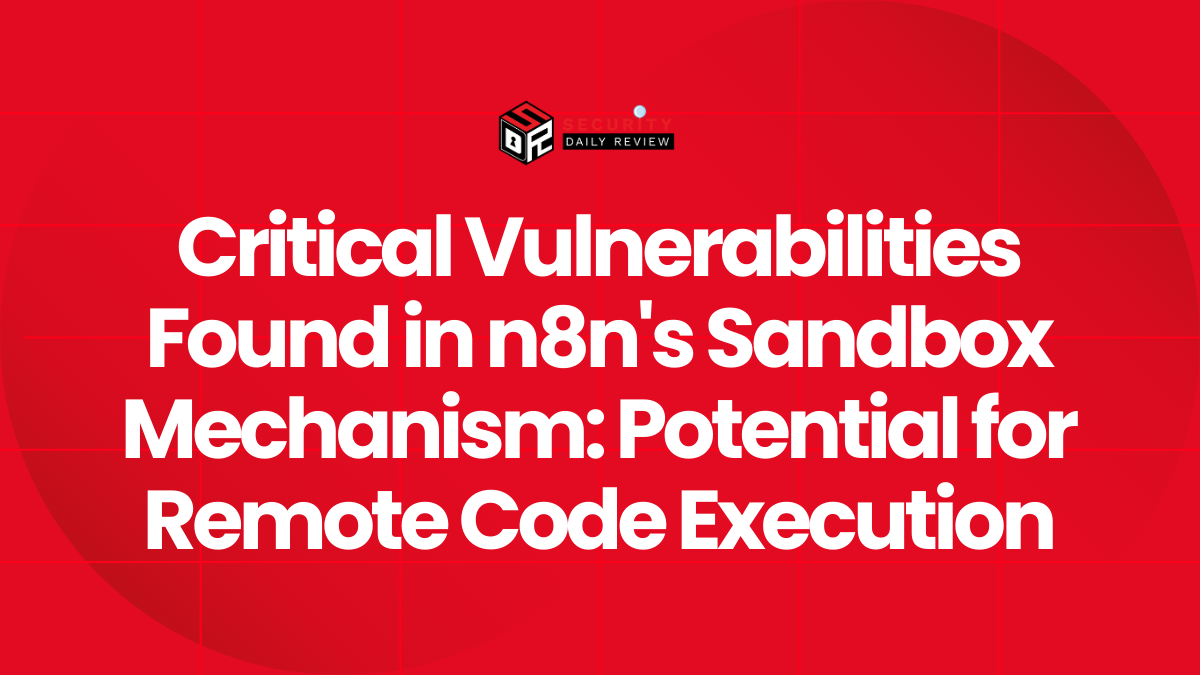The Department of Homeland Security (DHS) will halt $27 million in annual federal funding for the Multi-State Information Sharing and Analysis Center (MS-ISAC) by the end of fiscal year 2025, a decision that immediately affects the cybersecurity readiness of more than 19,000 state and local government entities across the United States. The funding cut, scheduled to take effect on September 30, casts uncertainty over the future of localized cybersecurity initiatives at a time when attacks on public infrastructure are on the rise.
Industry experts and government associations warn the decision erodes a critical national defense layer, particularly for resource-constrained jurisdictions.
Local Governments Could Lose Vital Cyber Defense Capabilities
Created to enhance the cyber resilience of local and state governments, MS-ISAC provides no-cost security services such as threat intelligence, intrusion detection, vulnerability scanning, and ransomware mitigation. With the removal of federal backing, the continuity of these services is at risk.
Rural and Under-Resourced Communities Face Disproportionate Risks
According to the National Association of Counties (NACo), rural areas and smaller counties are especially vulnerable. These jurisdictions often lack full-time cybersecurity staff and depend on MS-ISAC’s free or low-cost offerings to safeguard public infrastructure like schools, emergency communication, and election systems.
- Free services such as malware signature updates and threat alerts may become paywalled
- Smaller governments may be forced to absorb security costs or go without vital protections
- Election integrity and 911 infrastructure could become easier targets for cybercriminals
A spokesperson from the Center for Internet Security (CIS), which operates MS-ISAC, confirmed that the organization had temporarily absorbed over $1 million per month to maintain operations following DHS’s withdrawal. However, this funding model is unsustainable, and without federal support or a shift to paid membership, the services could cease entirely.
Cybersecurity Experts Say Federal Disengagement Threatens National Resilience
While DHS characterized the programs as misaligned with departmental priorities, national associations argue that the loss directly undermines public trust, safety, and cyber-readiness. The decision was swiftly met by an open letter to congressional appropriators from a coalition of five major state and local government organizations: the National Association of State Chief Information Officers (NASCIO), the U.S. Conference of Mayors, the National League of Cities, NACo, and the Major County Sheriffs of America.
According to their statement, these cuts will “create gaps in critical security services,” increasing the risk of successful cyberattacks. The importance of MS-ISAC’s contributions is clear from 2024 metrics alone:
- Over 43,000 potential cyberattacks were detected
- 59,000 instances of ransomware and other malware were intercepted
- Threats were identified at nearly twice the speed of commercial services
Orange County Sheriff Don Barnes commented, “This is the risk for me: that real-time, actionable information that we can share on a national platform with state and local law enforcement ceases to come. Then, we’re in the dark.”
Potential Shift to Fee-Based Cybersecurity Access Further Deepens the Divide
CIS has signaled that without legislative intervention, a paid membership model may be the only viable path forward. This model, however, could exacerbate disparities in cybersecurity access:
- Wealthier regions could afford continued defenses through membership.
- Financially strained counties may forsake coverage, increasing attack surfaces.
- Shared threat intelligence could become siloed, reducing collaborative response effectiveness.
The policy shift also affects the Elections Infrastructure Information Sharing and Analysis Center (EI-ISAC), another DHS-supported initiative focused on securing electoral systems. Eliminating both programs simultaneously intensifies concerns over continuity of protection for critical democratic systems.
Congressional Action Now Viewed as Critical to Restoring National Cybersecurity Posture
Calls for reinstating funding are growing louder. NACo and other organizations are advocating for Congress to restore appropriations that enable MS-ISAC to offer universally accessible cybersecurity funding and support. Without prompt legislative action, the cumulative effect of these federal cybersecurity cuts will likely cascade into increased breaches, data loss, and service outages — especially in the nation’s most underserved areas.
The defunding of MS-ISAC underscores a fundamental policy debate: Should the federal government maintain a central role in safeguarding local infrastructure from digital threats? For now, thousands of local governments may need to prepare for life without the very cybersecurity resources that helped shield them from a growing array of attacks.









